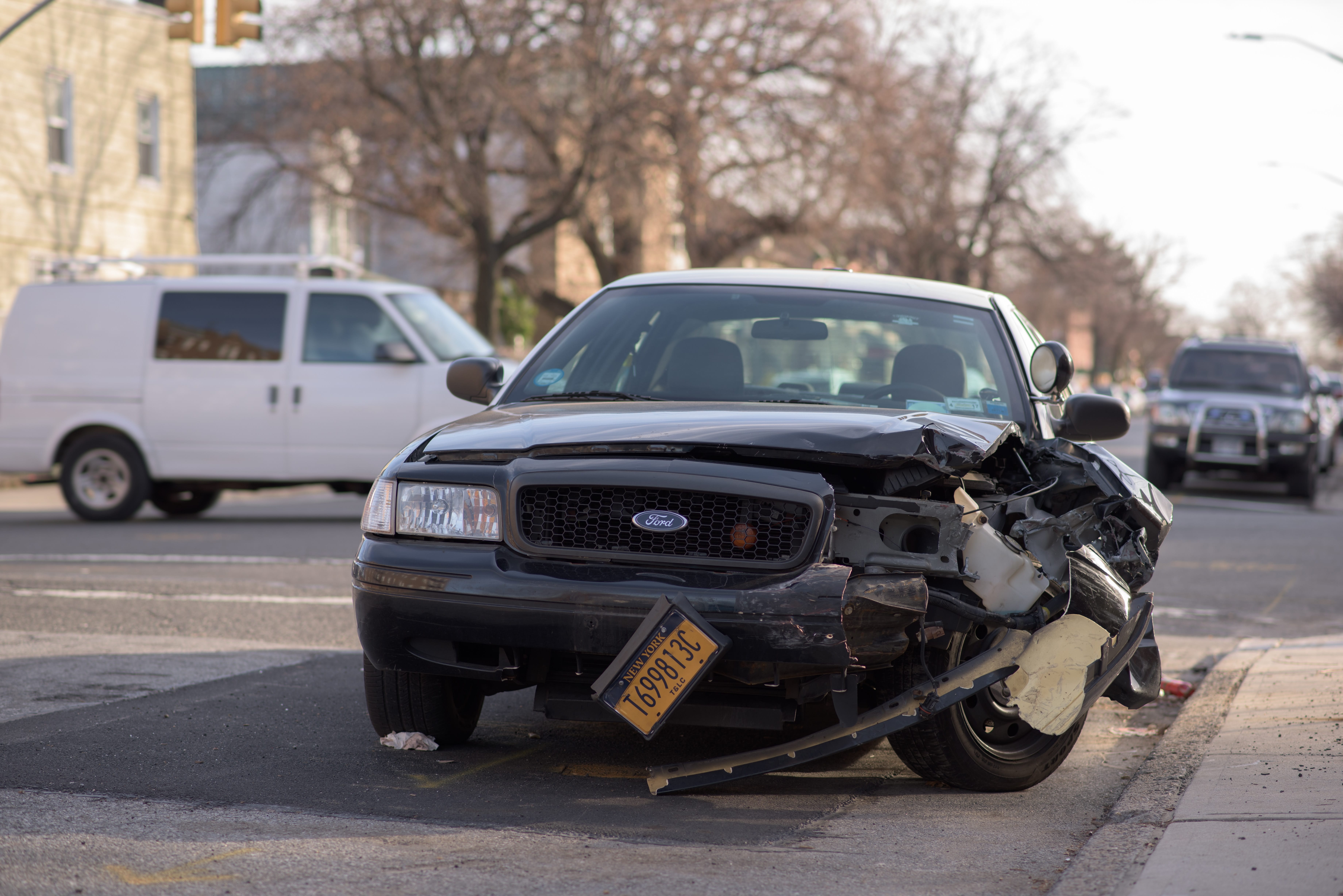Navigating car accident laws can be complex and overwhelming, but having a solid understanding of key concepts can help you protect your rights and secure fair compensation for injuries sustained in an accident.
Car accidents can be a terrifying experience, and dealing with the aftermath can be overwhelming. Understanding your rights and responsibilities when it comes to car accident laws is crucial in ensuring that you are protected and properly compensated. In this article, we will discuss 10 important things you need to know about car accident laws to help you navigate the legal system with confidence.
Fault Determination
One of the key aspects of car accident laws is determining who is at fault for the accident. This is crucial in determining who is responsible for damages and injuries that result from the accident. In some cases, both parties may share fault, leading to a percentage-based determination of liability.
In many jurisdictions, fault determination rules are influenced by either “comparative negligence” or “contributory negligence” doctrines. Comparative negligence allows for fault to be distributed among parties, whereas contributory negligence may bar recovery if the plaintiff is found to be at fault to any degree. Understanding these nuances is pivotal, as they can dramatically affect the outcome of claims and the amount of compensation you can receive.
Insurance Requirements
Most states require drivers to carry a minimum amount of liability insurance to cover damages in the event of an accident. It is important to understand your state’s specific requirements and ensure that you have adequate coverage to protect yourself in case of an accident.
Statute of Limitations
It is important to be aware of the statute of limitations for filing a car accident claim in your state. The statute of limitations sets a time limit within which you must file a claim after an accident occurs. Failing to file within this timeframe could result in your claim being barred.
Comparative Negligence
Some states follow a comparative negligence rule, which means that each party’s percentage of fault will determine how much they are entitled to recover in damages. Understanding how comparative negligence works can help you navigate negotiations with insurance companies and legal proceedings.
Types of Damages
In car accident cases, there are typically two types of damages that may be awarded — economic damages and non-economic damages. Economic damages are relatively straightforward, as they cover specific financial losses that can be calculated and verified through bills and receipts. These often include medical treatment costs, rehabilitation expenses, property damage repairs, and lost income due to inability to work. Non-economic damages, however, are more subjective and encompass compensation for the less tangible impacts of an accident, such as emotional distress, loss of companionship, and decreased quality of life. In some cases, punitive damages may also be pursued, especially if the at-fault party’s actions were particularly reckless or egregious. These are intended not as compensation for the victim, but as a punishment to the offender and a deterrent against similar actions in the future. Understanding the nuances of these damages is key to building a comprehensive claim after a car accident.
Legal Representation
Hiring an experienced car accident attorney can greatly benefit your case by ensuring that your rights are protected and helping you navigate the complexities of the legal system. A law firm, one like Gellhaus & Gellhaus, P.C., can negotiate with insurance companies on your behalf to secure fair compensation for your injuries and losses.
Evidence Collection
Gathering evidence at the scene of the accident is crucial in building a strong case for compensation. This may include taking photos, obtaining witness statements, collecting police reports, and documenting any injuries sustained in the accident.
Medical Treatment
Seeking prompt medical treatment after a car accident is not only essential for your health but also for establishing a record of your injuries for legal purposes. Failure to seek timely medical care could weaken your case for compensation.
Settlement Negotiations

In many cases, car accident claims are settled out of court through negotiations between the parties involved or their insurance companies. It is important to approach settlement negotiations strategically with guidance from legal counsel to ensure that you receive fair compensation for your losses.
To maximize your settlement, it’s important to understand the full extent of your damages, including future medical expenses and income loss that may not be immediately apparent. Furthermore, being open to negotiation does not mean accepting the first offer from an insurance company, as initial offers are often lower than what may be fair. Patience and persistence, guided by knowledgeable legal advice, are key in negotiating a settlement that fully compensates for the losses and injuries sustained in the accident.
Court Proceedings
If a settlement cannot be reached through negotiations, the next step may involve taking the case to court for resolution by a judge or jury. Understanding what to expect during court proceedings can help alleviate some of the stress associated with litigation and increase your chances of success.
Navigating car accident laws can be complex and overwhelming, but having a solid understanding of key concepts can help you protect your rights and secure fair compensation for injuries sustained in an accident. By familiarizing yourself with fault determination, insurance requirements, statutes of limitations, comparative negligence rules, types of damages, legal representation options, evidence collection procedures, medical treatment protocols, settlement negotiation strategies, and court proceeding expectations; you can approach car accidents with confidence knowing that you are prepared to handle any legal challenges that may arise.


Join the conversation!